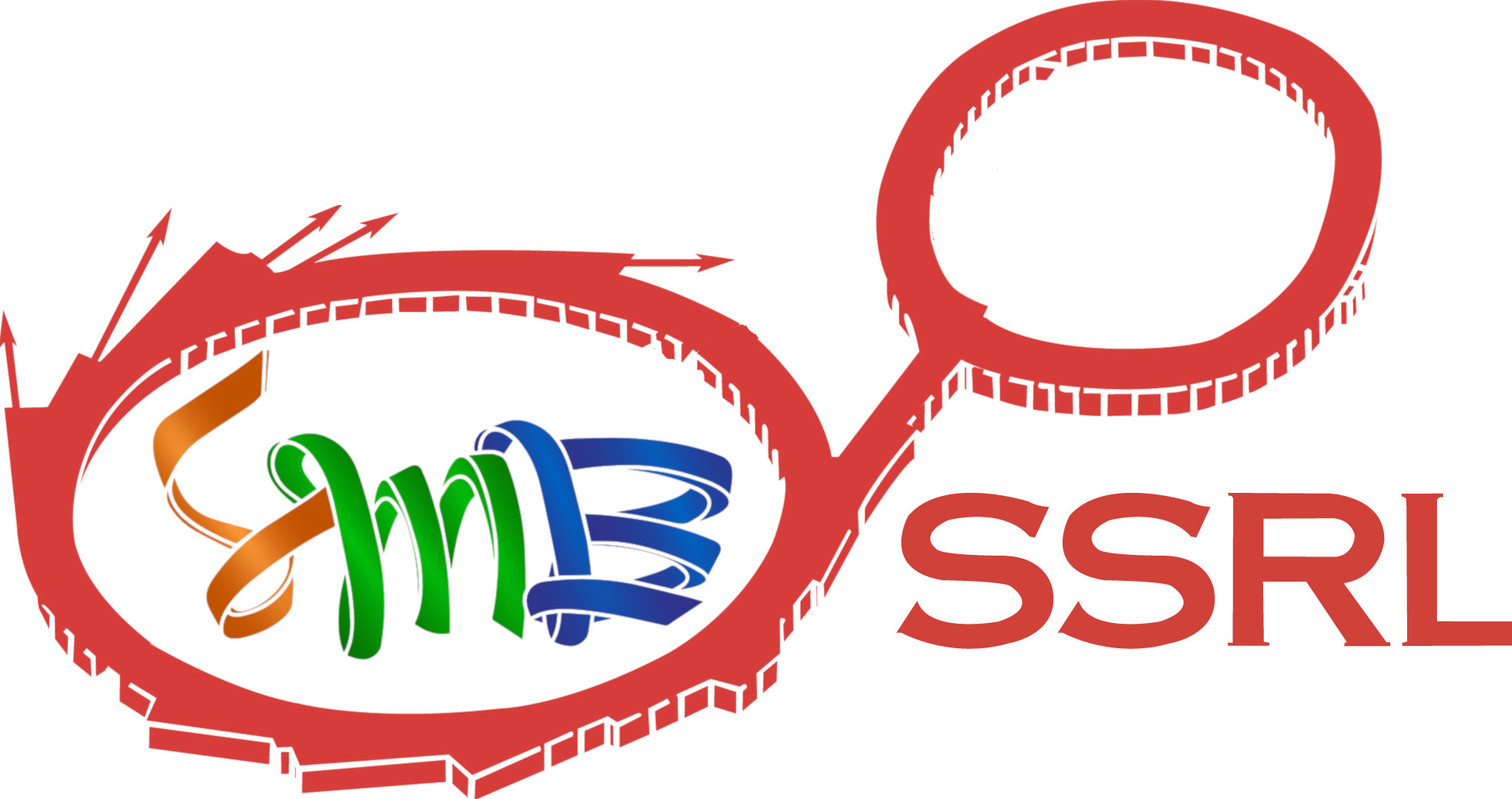dials.create_profile_model¶
Introduction¶
This program computes the profile model from the input reflections. It then saves a modified models.expt file with the additional profile model information. Usually this is performed during integration; however, on some occasions it may be desirable to compute the profile model independently.
Examples:
dials.create_profile_model models.expt observations.refl
Basic parameters¶
output = models_with_profiles.expt
profile {
algorithm = ellipsoid *gaussian_rs
ellipsoid {
rlp_mosaicity {
model = simple1 *simple6 simple1angular1 simple1angular3 \
simple6angular1
}
wavelength_spread {
model = *delta
}
unit_cell {
fixed = False
}
orientation {
fixed = False
}
indexing {
fail_on_bad_index = False
}
refinement {
max_separation = 2
outlier_probability = 0.975
n_macro_cycles = 3
n_cycles = 3
min_n_reflections = 10
max_iter = 100
LL_tolerance = 1e-3
mosaicity_max_limit = 0.004
max_cell_volume_change_fraction = 0.2
}
}
gaussian_rs {
scan_varying = False
min_spots {
overall = 50
per_degree = 20
}
sigma_m_algorithm = basic *extended
centroid_definition = com *s1
parameters {
n_sigma = 3.0
sigma_b = None
sigma_m = None
}
filter {
min_zeta = 0.05
}
fitting {
scan_step = 5
grid_size = 5
threshold = 0.02
grid_method = single *regular_grid circular_grid spherical_grid
fit_method = *reciprocal_space detector_space
detector_space {
deconvolution = False
}
}
}
}
prediction {
d_min = None
d_max = None
margin = 1
force_static = False
padding = 1.0
}
Full parameter definitions¶
subtract_background = False
.help = "Subtract background from pixel data before computing profile"
.type = bool
.expert_level = 2
output = models_with_profiles.expt
.help = "The filename for the experiments"
.type = str
profile
.help = "The interface definition for a profile model."
{
algorithm = ellipsoid *gaussian_rs
.help = "The choice of algorithm"
.type = choice
ellipsoid
.help = "An extension class implementing a reciprocal space multivariate"
"normal profile model."
{
rlp_mosaicity {
model = simple1 *simple6 simple1angular1 simple1angular3 \
simple6angular1
.type = choice
}
wavelength_spread {
model = *delta
.type = choice
}
unit_cell {
fixed = False
.type = bool
}
orientation {
fixed = False
.type = bool
}
indexing {
fail_on_bad_index = False
.type = bool
}
refinement {
max_separation = 2
.type = float(allow_none=True)
outlier_probability = 0.975
.type = float(allow_none=True)
n_macro_cycles = 3
.type = int(allow_none=True)
n_cycles = 3
.type = int(allow_none=True)
min_n_reflections = 10
.type = int(allow_none=True)
max_iter = 100
.help = "Max number of iterations per refinement cycle"
.type = int(allow_none=True)
LL_tolerance = 1e-3
.help = "Convergence tolerance for log likelihood during refinement"
.type = float(allow_none=True)
mosaicity_max_limit = 0.004
.help = "Mosaicity values above this limit are considered unphysical"
"and processing will stop for the given image. Units are"
"inverse angstroms"
.type = float(allow_none=True)
max_cell_volume_change_fraction = 0.2
.help = "Processing will be stopped for a given image if the"
"fractional volume change is greater than this amount during a"
"cycle of cell refinement."
.type = float(allow_none=True)
}
prediction
.expert_level = 1
{
d_min = None
.type = float(allow_none=True)
probability = 0.997300
.type = float(allow_none=True)
}
}
gaussian_rs
.help = "An extension class implementing a reciprocal space gaussian"
"profile model."
{
scan_varying = False
.help = "Calculate a scan varying model"
.type = bool
min_spots
.help = "if (total_reflections > overall or reflections_per_degree >"
"per_degree) then do the profile modelling."
{
overall = 50
.help = "The minimum number of spots needed to do the profile"
"modelling"
.type = int(value_min=0, allow_none=True)
per_degree = 20
.help = "The minimum number of spots needed to do the profile"
"modelling"
.type = int(value_min=0, allow_none=True)
}
sigma_m_algorithm = basic *extended
.help = "The algorithm to compute mosaicity"
.type = choice
centroid_definition = com *s1
.help = "The centroid to use as beam divergence (centre of mass or s1)"
.type = choice
parameters {
n_sigma = 3.0
.help = "Sigma multiplier for shoebox"
.type = float(value_min=0, allow_none=True)
sigma_b = None
.help = "Override the sigma_b value (degrees)"
.type = float(value_min=0, allow_none=True)
sigma_m = None
.help = "Override the sigma_m value (degrees)"
.type = float(value_min=0, allow_none=True)
}
filter {
min_zeta = 0.05
.help = "Filter reflections by min zeta"
.type = float(allow_none=True)
}
fitting {
scan_step = 5
.help = "Space between profiles in degrees"
.type = float(allow_none=True)
grid_size = 5
.help = "The size of the profile grid."
.type = int(allow_none=True)
threshold = 0.02
.help = "The threshold to use in reference profile"
.type = float(allow_none=True)
grid_method = single *regular_grid circular_grid spherical_grid
.help = "Select the profile grid method"
.type = choice
fit_method = *reciprocal_space detector_space
.help = "The fitting method"
.type = choice
detector_space {
deconvolution = False
.help = "Do deconvolution in detector space"
.type = bool
}
}
}
}
prediction {
d_min = None
.help = "The maximum resolution limit"
.type = float(allow_none=True)
d_max = None
.help = "The minimum resolution limit"
.type = float(allow_none=True)
margin = 1
.help = "The margin to use to scan varying prediction"
.type = int(allow_none=True)
force_static = False
.help = "For scan-varying prediction force scan-static prediction"
.type = bool
padding = 1.0
.help = "The padding in degrees"
.type = float(value_min=0, allow_none=True)
}





